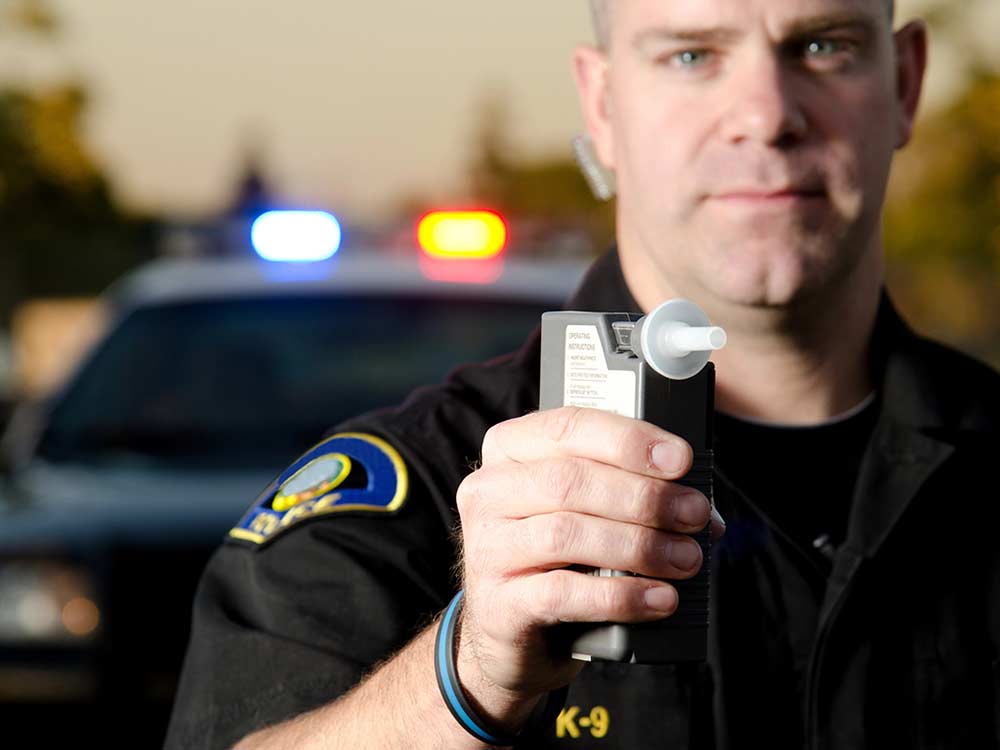Tennessee Implied Consent Law
When you see the dreaded flashing lights behind you, one of the things you need to think about is Tennessee’s implied consent law. In addition to penalties for driving violations and driving under the influence, you can also face penalties if you violate Tennessee’s implied consent law when you’re investigated for drunk or drugged driving. Sometimes, an implied consent violation will result in painful penalties even where there is no driving under the influence conviction.
In Tennessee, if the police suspect you of drunk or drugged driving, they can ask you to submit to an alcohol test. This can be a blood or breath test – it’s up to the officer. Just by driving on a road in Tennessee, the law presumes that you’ve agreed to take a breath test. So, if you refuse to submit to a breath test, there may be penalties.
By contrast, you do not have to give consent to a blood test. In fact, an officer can only order a blood test if you give written consent and sign a waiver. If, however, the officer obtains a warrant to draw blood, or in the very rare occasions there are “exigent circumstances” that permit a blood draw without consent, you must submit to having your blood drawn or else face penalties.
What are the penalties?
If you don’t take the breath test when law enforcement asks you to, or if you refuse, prevent, or obstruct a blood test after the officer obtains a warrant or where there are exigent circumstances, you face administrative penalties whether or not you’re convicted of a crime. For a first offense without any aggravating factors, you face a license suspension for one year. This suspension can be imposed even if the underlying driving under the influence charge is dismissed or reduced.
If a person refuses, prevents, or obstructs the administration of a blood test where an officer has gotten a warrant or when there are exigent circumstances, not only do they face license suspension for a year, he or she can also be charged with a separate Class A misdemeanor. You can be convicted of this misdemeanor even if the underlying DUI charged is dismissed or reduced.
In cases where there’s a car crash and a victim suffers serious bodily injury, anyone who refuses to face a chemical test faces a license revocation of two years. If you have a prior conviction for DUI, you could also lose your license for two years. In the event that a victim dies in a crash, any driver in the crash faces a suspension of five years for refusing a chemical test.
What if a driver is unconscious?
When a crash occurs and a suspected drunk driver is unconscious, they may take the driver’s blood only if they first obtain a warrant or in those unusual cases where there are exigent circumstances.
What can I do?
If you violate the Implied Consent Law, there are things that you may be able to do in order to lessen the damage. In some cases, you’re eligible to receive a restricted license. That’s the case if no one got seriously hurt because of your driving. If you get a restricted license, the court will ordinarily require that you operate a vehicle with an ignition interlock installed. Less commonly, the court may permit you to drive without an ignition interlock device, but only on specific days and times, and only to and from employment, school, probation appointments, religious services, and a few other places.
A restricted license is within the judge’s discretion, and subject to regulations of the Tennessee Department of Safety and Homeland Security. Unfortunately, there are many technicalities you will have to observe to get a restricted license approved. That makes it important for your lawyer to understand eligibility requirements and to carefully work through the application for a restricted license. More importantly, your attorney should pursue a plea bargain that also considers the consequences of the Implied Consent Law, and not just the criminal charges against you.
If you’ve been charged with a DUI, give us a call for a free consultation, and we will walk you through your options and determine the best way to proceed to protect your rights.
Posted in DUI

FREE CONFIDENTIAL CONSULTATION

